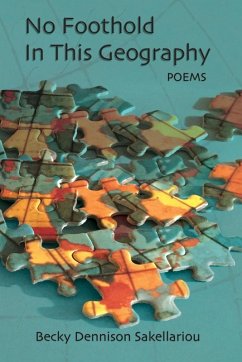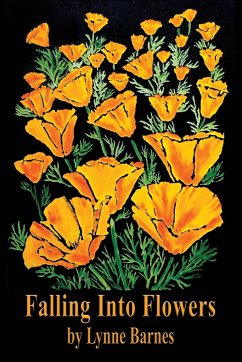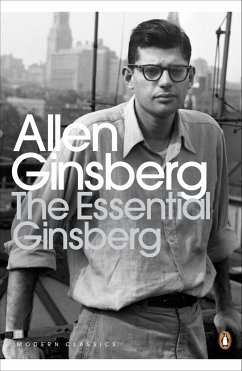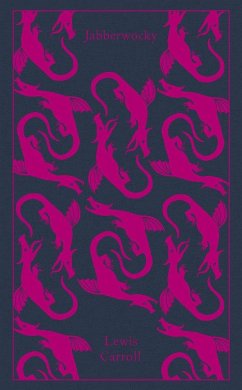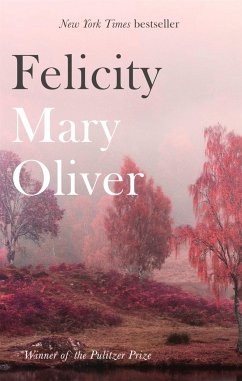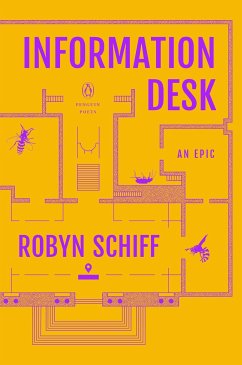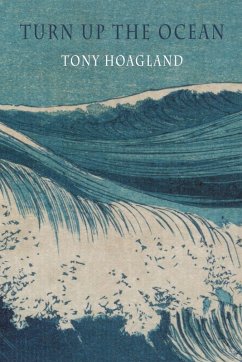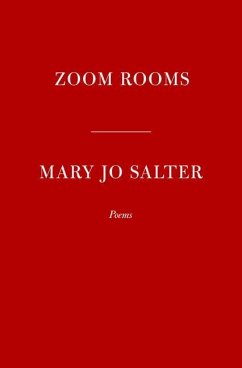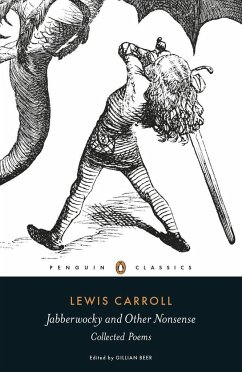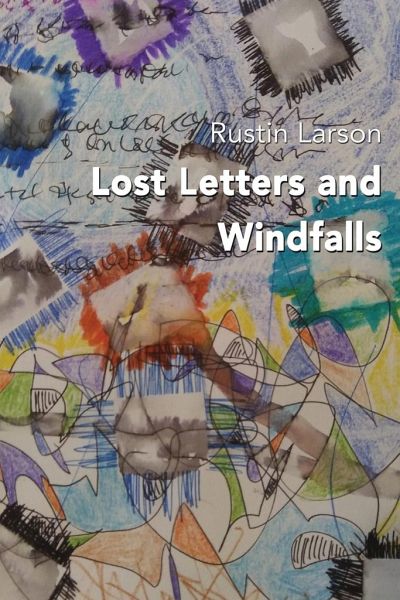
Lost Letters and Windfalls
Versandkostenfrei!
Versandfertig in 1-2 Wochen
17,99 €
inkl. MwSt.

PAYBACK Punkte
9 °P sammeln!
"Among cornfields, junkyards, and a Dairy Queen, the eclectic cast of Rustin Larson’s Lost Letters and Windfalls marches across a rural stage: an old woman small ‘like a burlap bag/ full of nylons,’ family members, angels, finches, the wind, the muse, and a young girl in a Degas painting. The poet asserts: ‘The light falls upon all things. I have/ my memory of you—quiet as a/ picture frame among all these broken houses.’ In poem after poem, Larson captures images firmly cast in time yet eternal—even slightly holy: ‘But here’s what we are: each man, each woman,/ each neuter ob...
"Among cornfields, junkyards, and a Dairy Queen, the eclectic cast of Rustin Larson’s Lost Letters and Windfalls marches across a rural stage: an old woman small ‘like a burlap bag/ full of nylons,’ family members, angels, finches, the wind, the muse, and a young girl in a Degas painting. The poet asserts: ‘The light falls upon all things. I have/ my memory of you—quiet as a/ picture frame among all these broken houses.’ In poem after poem, Larson captures images firmly cast in time yet eternal—even slightly holy: ‘But here’s what we are: each man, each woman,/ each neuter object, a church.’" "‘Listen,’ Larson urges, ‘the world/ begins in a moment.’ The moments described in these poems are painterly and vivid. The poet trusts only his ‘sense of touch.’ They conjure a world of isolated stillness where characters can ‘choose to stand outside of ourselves if we wish, the snow falling.’ But also a world of connection where ‘planets are fishing/ for us, wanting/ us’ and ‘[t]he moon is the friend of the earth / and the earth of the sun.’ This is a book of small tendernesses and lightning bolts that will stay with you." Rustin Larson’s poetry has appeared in The New Yorker, The Iowa Review, and North American Review. He won 1st Editor’s Prize from Rhino and was a prize winner in The National Poet Hunt and The Chester H. Jones Foundation contests. A graduate of the Vermont College MFA in Writing, Larson was an Iowa Poet at The Des Moines National Poetry Festival, and a featured poet at the Poetry at Round Top Festival. He is a poetry professor at Maharishi University, a writing instructor at Kirkwood Community College, and has also been a writing instructor at Indian Hills Community College. His honors and awards also include Pushcart Prize Nominee (seven times, 1988-2010); featured writer, DMACC Celebration of the Literary Arts, 2007, 2008; and finalist, New England Review Narrative Poetry Competition, 1985.





